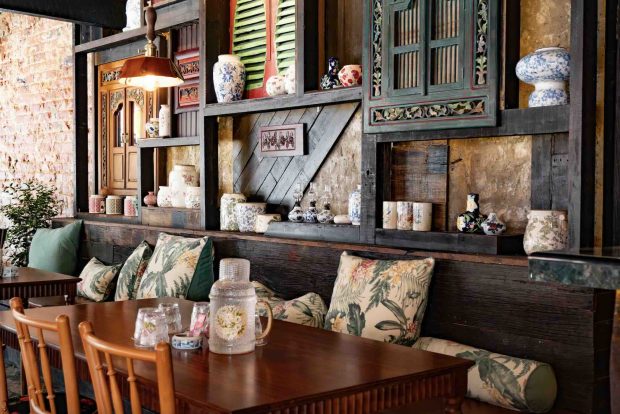Expats who plan on moving to Malta often look forward to the island nation’s sunny charm and relaxed lifestyle. But there’s more to your move to Malta than remembering where your beach towel or your sunscreen is! This article introduces the smallest EU member state, its visa rules, and the housing market. Once you have a job in Malta or found a way of living your pension there, and once your visa application is well underway, you need to search for housing in Malta.
The island is divided into three regions (Gozo and Comino and northwestern Malta Majjistral, and southeastern Malta Xlokk), which consist of six districts and numerous smaller municipalities. The largest town is Birkirkara, with over 22,000 inhabitants. However, due to the small surface area and the high population density, the nearest town is mostly just a stone’s throw away. In fact, many of central Malta’s towns and villages have all but grown into a large urban zone where 80% of all the residents live.
Malta’s Hotspots: Find your location
If you are an expatriate employee, you may want to settle close to your new workplace to avoid a long path to work: while Malta is tiny and has a decent road network, you might prefer to spend as little time as possible in your car. Thus, you could end up looking for accommodation in the capital of Valletta, a place for heritage tourism and commerce, or in Floriana, Malta’s administrative and financial centre.
Well-off retirees and independently wealthy residents should look into Malta’s “Three Villages”, i.e. Attard, Balzan, and Lija. Attard and Lija, in particular, are coveted neighbourhoods for both the local élite and affluent expatriates; Balzan tends to attract younger families with a middle-class or upper-middle-class background.
Swiegi is another popular residential area for the well-to-do, although there are usually few vacant properties in this town. Expats preferring the hustle and bustle of a beach resort with a vibrant nightlife should rather opt for Sliema or St Julian’s.
The island of Gozo, on the other hand, is a half-touristy, half-rural idyll, quaint and sleepy, and thus only of interest to people working in the local hospitality industry or to reclusive retirees that long for a quiet life in the countryside. Comino just has four permanent residents altogether… So, unless you are a passionate amateur ornithologist or a veritable hermit, Comino is not really the place to settle.
All Shapes and Sizes: Find THE one
To start your housing search, have a look around the numerous websites specialized in letting in Malta. In Malta, most rental apartments are offered fully furnished, and you are expected to pay two months’ rent as a security deposit as well as the first month’s rental fee in advance. Any apartment with access to a pool or a seafront view is rather expensive. Whereas a small Sliema-based flat without such amenities will cost you approximately 600 EUR per month, 400-500 EUR may be enough in other places, depending on the exact location.
However, consider that you have to pay extra for utilities most of the time, electricity, bottled gas, and water. They are costly in Malta since the island nation has to import its fossil fuel and even some of its drinking water. Despite the lovely temperatures in summer, Maltese winters do get a bit chilly and damp, but most properties lack central heating — which leads to creative solutions with wood stoves, air-con, gas heating, or coal-fueled stoves and, of course, to high energy bills.
Buying Your Own Home
Entire houses are seldom offered for rent. So, if you’re thinking about buying a home in Malta, get a property lawyer to advise you. There are some legal regulations on property purchases by foreigners as well as the permitted use of such accommodation.
For instance, outside designated development areas, foreign residents may only buy one property for their own use. Non-EU nationals also need an extra permit for a purchase and have to pay a certain minimum price. Under certain conditions, a foreign-owned property can be rented out as a holiday home.
Moreover, the Permanent Residence Scheme applies to foreign-born owners of high-end property in Malta. Again, a trusted lawyer or real estate agent will be able to offer you advice on the details.







